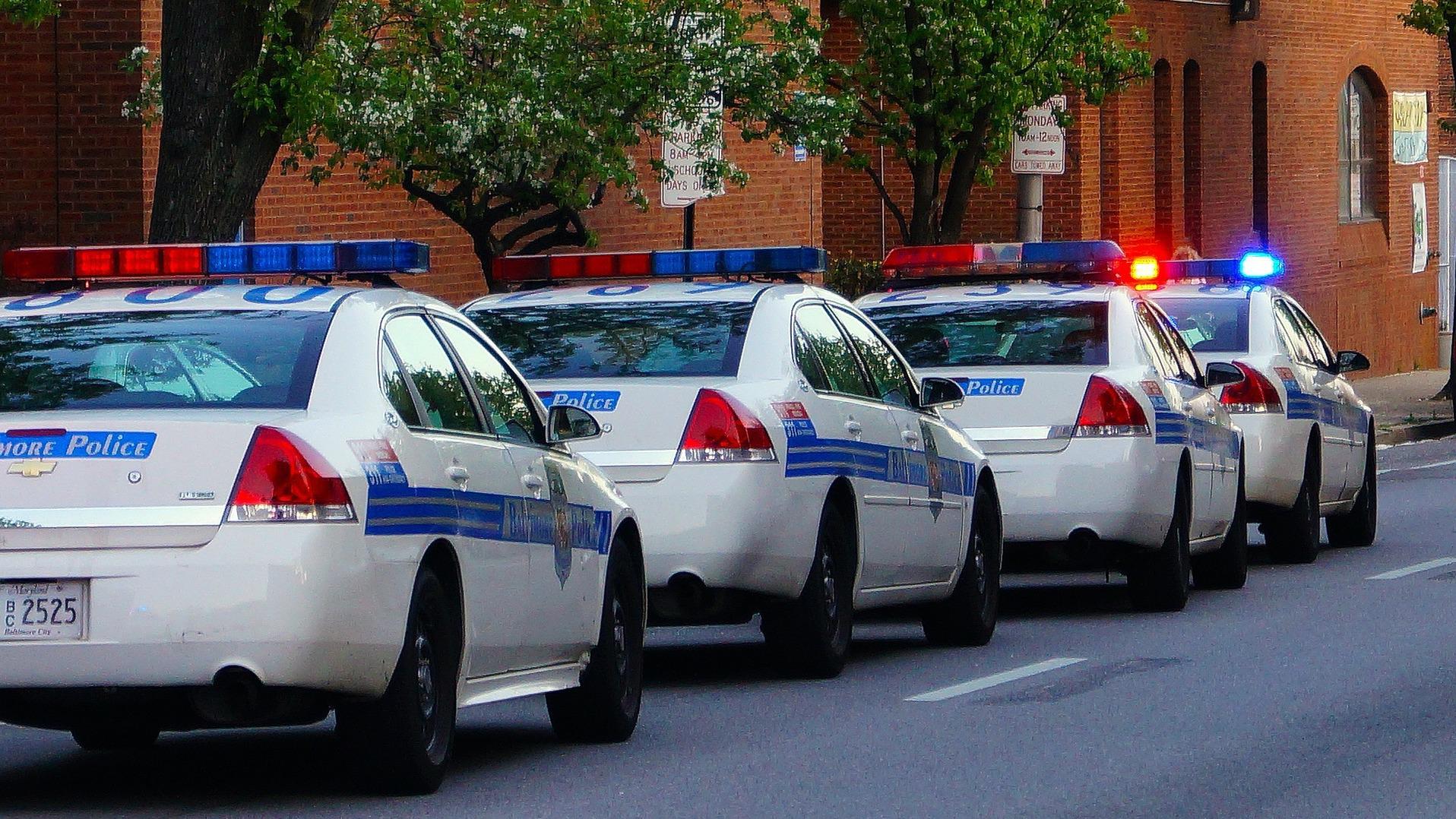When You Add More Police To A City, What Happens?
A new study looks at the effects of growing police forces on racial inequality.
by Greg Rosalsky
Apr 20, 2021
4 minutes

Editor's note: This is an excerpt of Planet Money's newsletter. You can sign up here.
After the death of George Floyd opened up a national debate about policing, Morgan Williams and his colleagues turned to the tools of economics to try and provide some evidence to help inform the conversation. He recently released research that supports the case for police reform while also reminding us why police are important for public safety.
Williams is an economist at NYU's Wagner Graduate School of Public Service. He researches the economics of crime and incarceration policy, with a particular focus on racial inequality. Raised in the South Bronx, Williams still lives and works
You’re reading a preview, subscribe to read more.
Start your free 30 days

